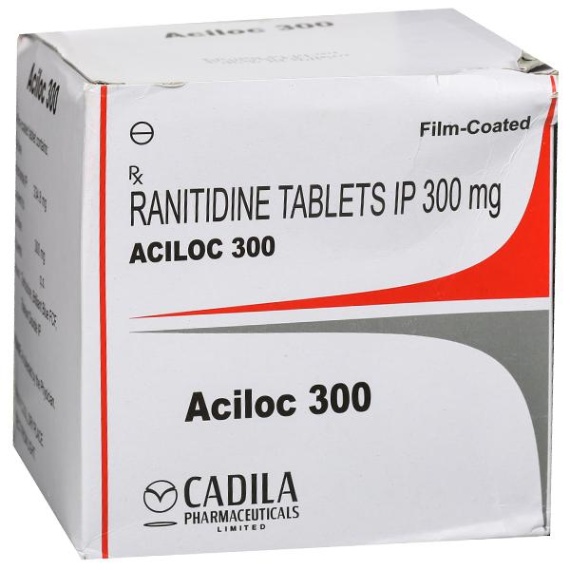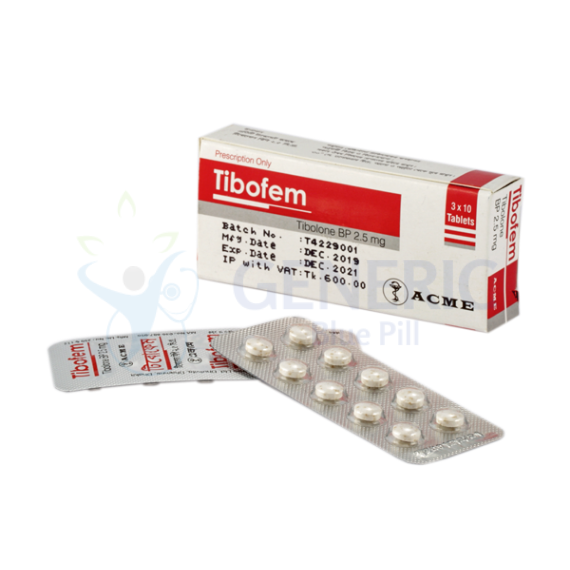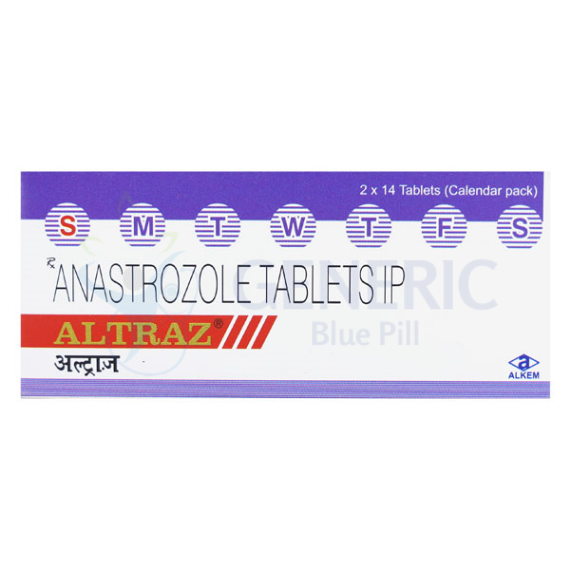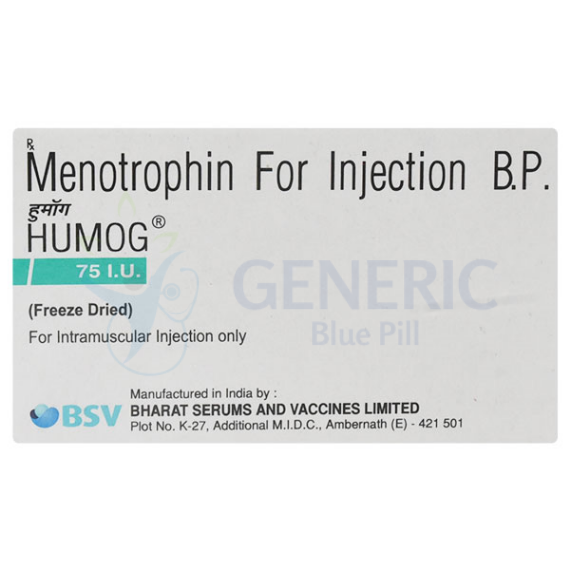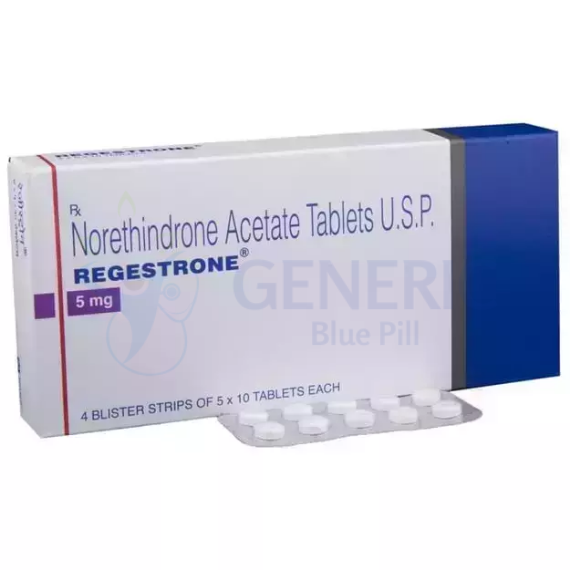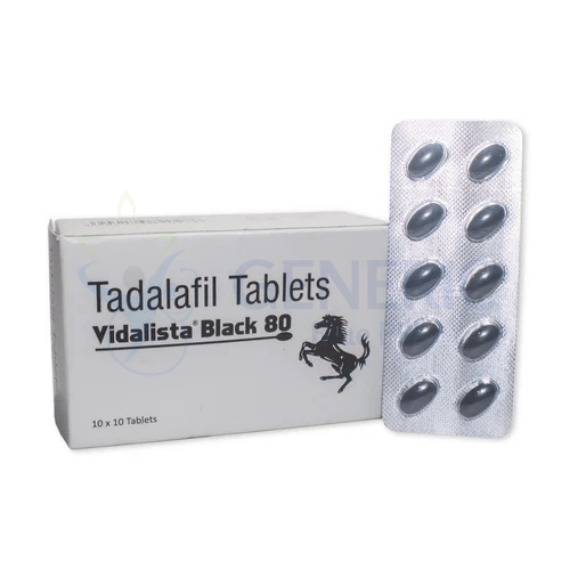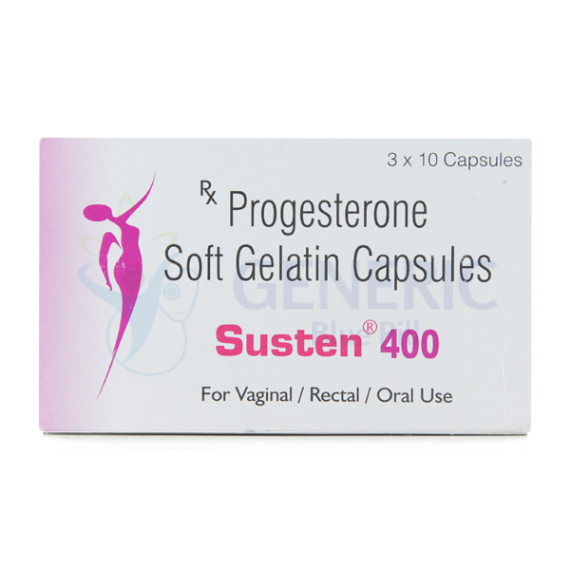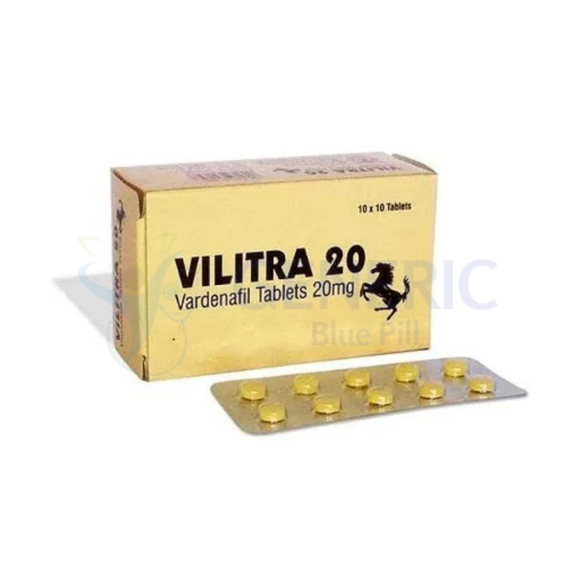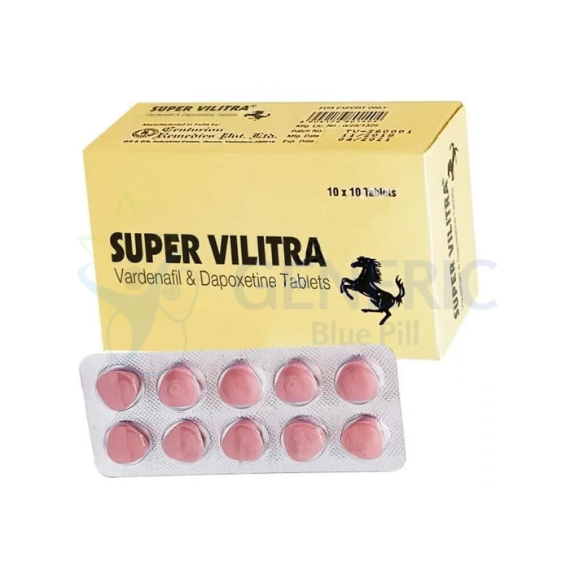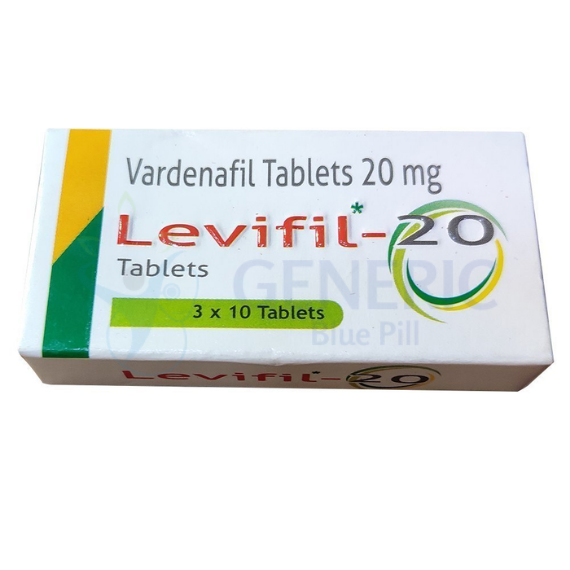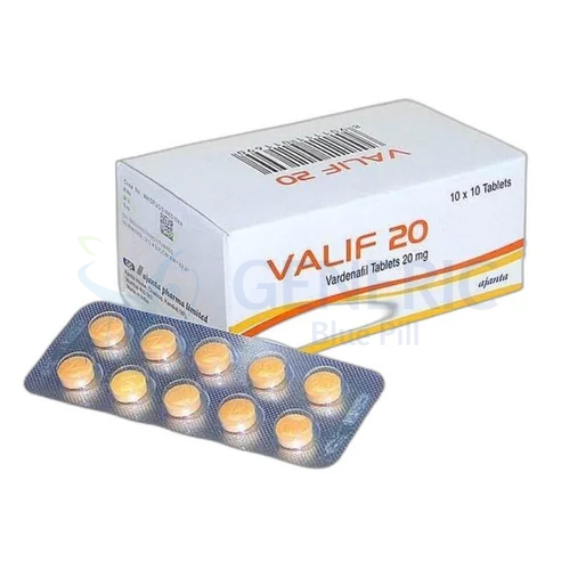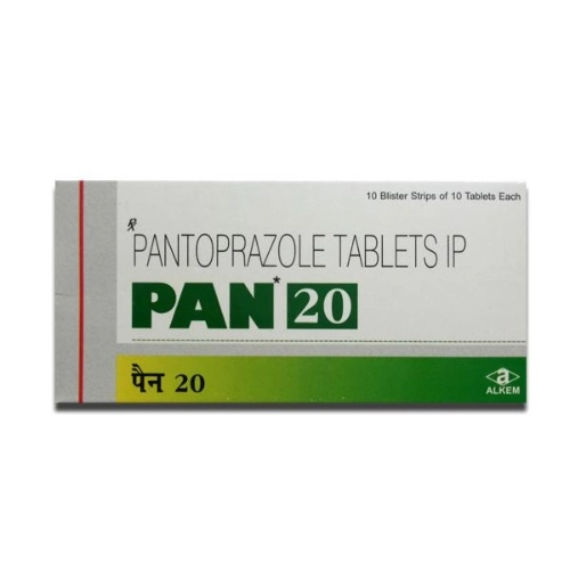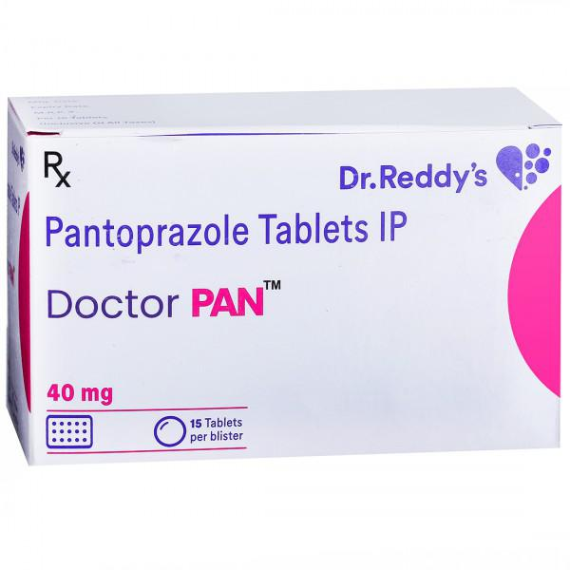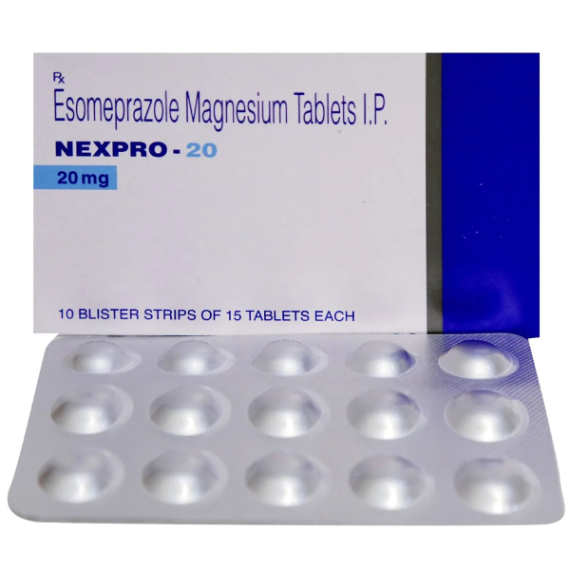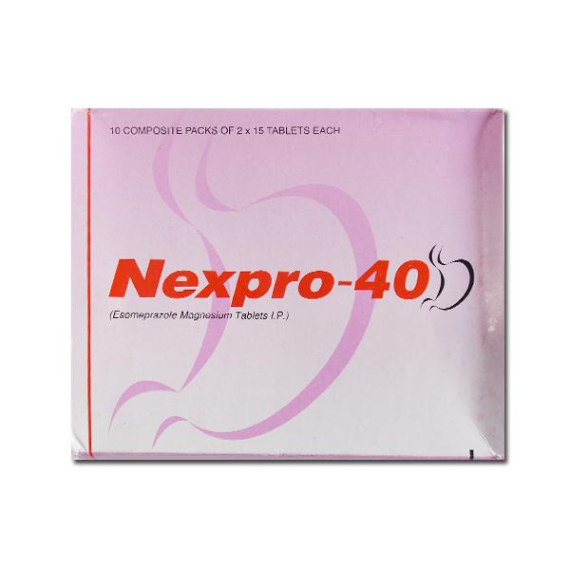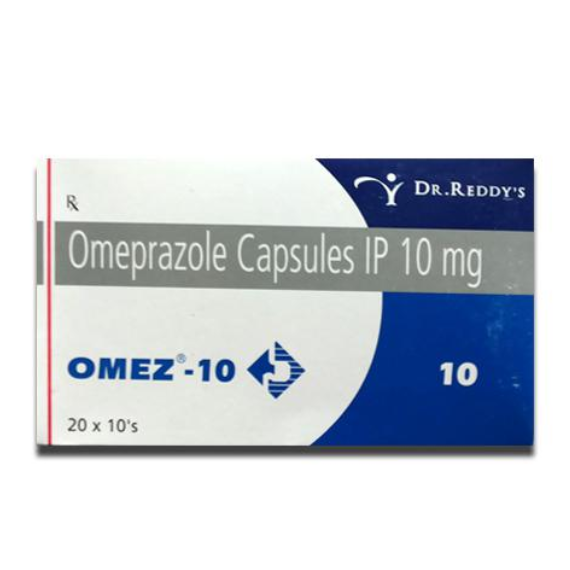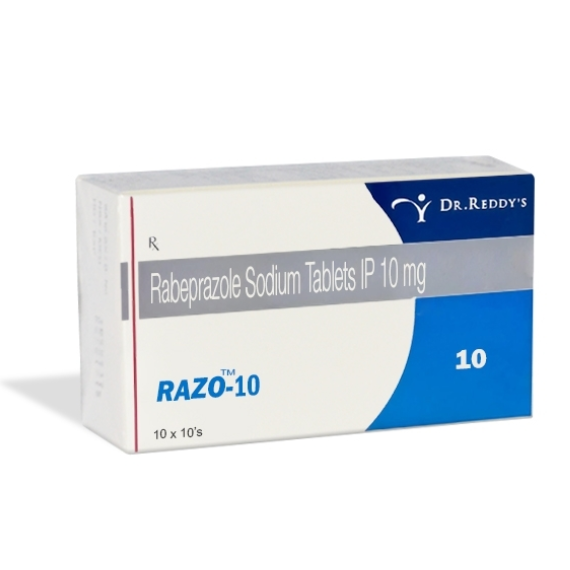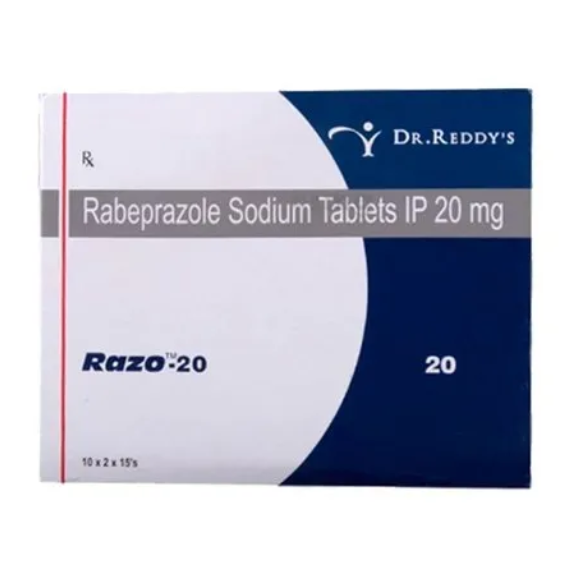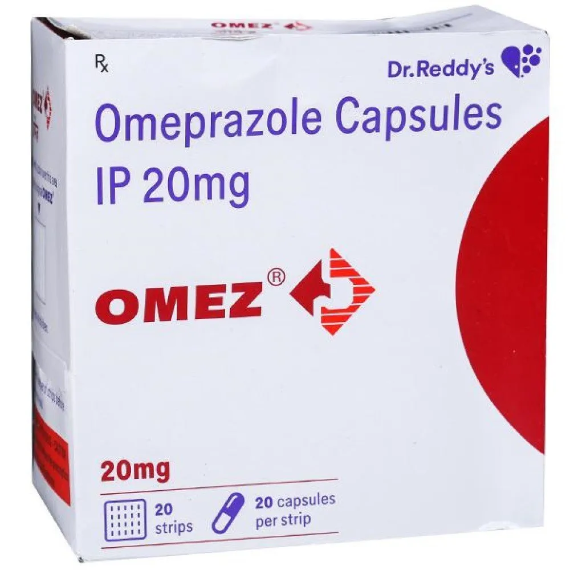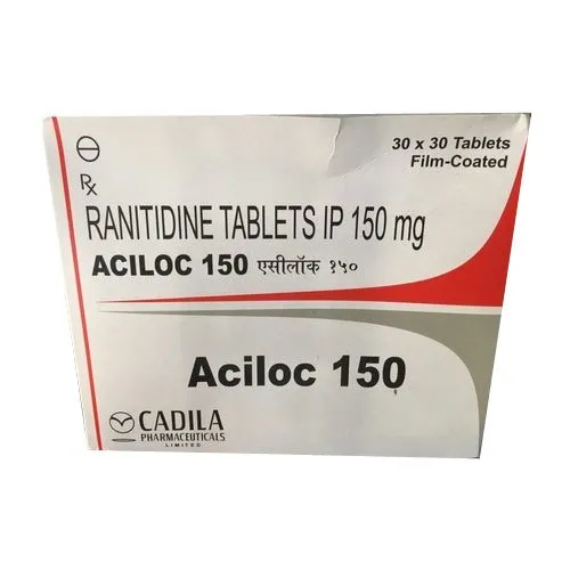Description
Ranitidine 300mg is a medication used for the treatment of acid-related disorders such as gastroesophageal reflux disease (GERD), peptic ulcer disease (PUD), and Zollinger-Ellison syndrome. It belongs to a class of drugs called H2 blockers, which work by reducing the amount of acid produced in the stomach. Ranitidine 300mg is available in tablet form and is usually taken once or twice a day.
GERD is a condition in which the contents of the stomach flow back into the esophagus, causing symptoms such as heartburn, chest pain, and difficulty swallowing. PUD, on the other hand, is a condition in which there is an ulcer in the lining of the stomach or small intestine, which can cause abdominal pain, bloating, and nausea. Zollinger-Ellison syndrome is a rare condition in which there is an overproduction of stomach acid, leading to ulcers and other complications.
Ranitidine 300mg is an effective treatment for these conditions because it reduces the amount of acid produced in the stomach, thereby alleviating symptoms and promoting healing of any ulcers or damage to the lining of the stomach or esophagus. It works by blocking the action of histamine, a chemical in the body that triggers the production of stomach acid.
However, it is important to note that ranitidine 300mg, like all medications, can have side effects. Common side effects include headache, dizziness, and diarrhea. More serious side effects, such as liver or kidney problems, are rare but can occur in some patients. If you experience any unusual symptoms while taking ranitidine, it is important to speak with your healthcare provider right away.
In addition, there have been some concerns about the safety of ranitidine in recent years. In 2019, the US Food and Drug Administration (FDA) announced that some ranitidine products contained a low level of a contaminant called N-nitrosodimethylamine (NDMA), which is classified as a probable human carcinogen. As a result, many ranitidine products were recalled, and the FDA recommended that patients stop taking the medication and speak with their healthcare provider about alternative treatment options.
Despite these concerns, ranitidine 300mg remains a commonly prescribed medication for the treatment of acid-related disorders. If you are currently taking ranitidine 300mg, it is important to speak with your healthcare provider to determine whether it is still safe and appropriate for you to continue using the medication. Your healthcare provider may recommend alternative treatment options or adjust your dosage to minimize the risk of side effects.
In conclusion, ranitidine 300mg is a medication commonly used for the treatment of acid-related disorders such as GERD, PUD, and Zollinger-Ellison syndrome. It works by reducing the amount of acid produced in the stomach, thereby alleviating symptoms and promoting healing of any ulcers or damage to the lining of the stomach or esophagus. Although there have been some concerns about the safety of ranitidine, it remains an effective treatment option for many patients. If you are currently taking ranitidine 300mg or considering it as a treatment option, it is important to speak with your healthcare provider to determine whether it is safe and appropriate for you.
Reviews(0)
NAN average based on 0 ratings.
Add a review
Your email address will not be published. Required fields are marked


